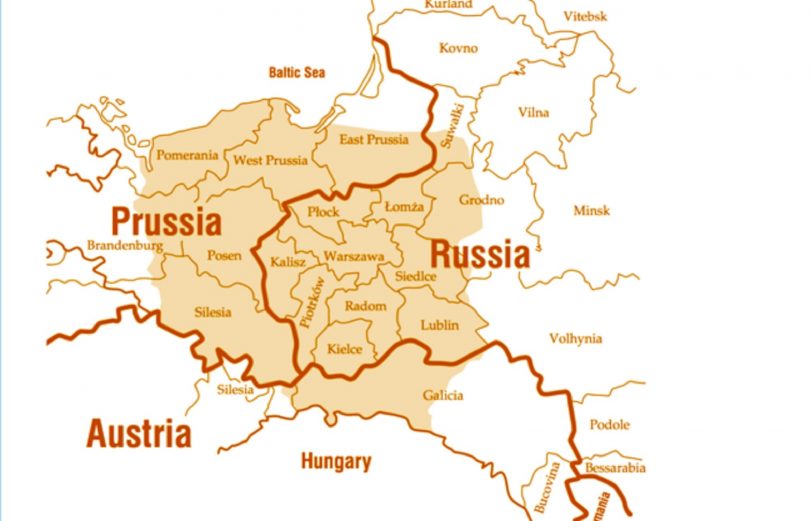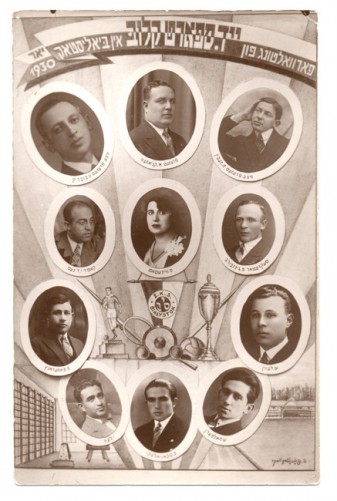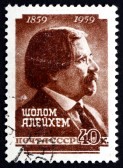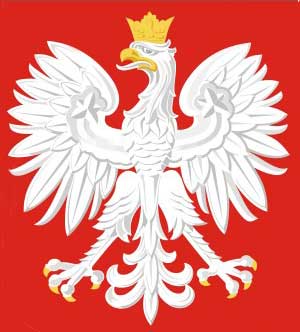Table of Contents
If you want to begin the journey back to your Polish heritage, you need to know all the necessary steps for positive results. You want to start with the right footing and know where to find the necessary information and how to extract it. This article will help you with everything and ensure you’re pointed in the right direction.
Key Takeaways
- Like any other genealogy research, your Polish genealogy should start with the readily available information.
- Most importantly, you should seek assistance from a professional genealogist to ensure you follow the right course and achieve accurate results.
- Professional genealogists not only access hard-to-find resources and networks but can document your heritage in a presentable manner.
RELATED:
Family Reunions and Genealogy: How To Leverage Family Gatherings
1. Start with Available Information About Your Polish Heritage

Old photos are crucial when starting your genealogy research
Before you think of your great-grandfather who resided in Lublin, Poland, you should start with information you have about your immediate relatives and parents.
The first place to find this information is at your home. Look for deeds, medals, certificates, old passports, Wills, diplomas, old pictures, and other valuable items associated with your close ancestors to know their important dates, rites of passage, etc.
Once you have every crucial detail in your home, proceed to your aunt’s or cousin’s homes for the same.
2. Interview Family Members

Family members and relatives can offer insights into your Polish genealogy
Once you’re done accumulating documents from home and relatives, consider conducting interviews to understand your family and its structure. The documents and the data you gather from the interviews will be crucial in recording repositories.
If no relative or family member provides crucial details about your Polish genealogy, try interviewing old family friends or neighbors. Some of the information you should seek in such interviews include names of ancestors, names of the ancestral village in Poland, the local language, or any other recallable information that can serve as a lead in your Poland genealogy.
While such information may not lead to a specific name or ancestor, it helps narrow your research to a specific demography. The information can also be used by future generations seeking a broader understanding of the family history. So, note all the details in a preservable book and back it up on tapes, CDs, computer files, etc.
You can look beyond Poland if you need more clarification. Start with your current country of residence. If you’re in the US, try to get the exact address of the towns where your ancestors lived. This information can help you locate the church your ancestors attended and where to retract census records. Besides, the birth, marriage, and death records kept in churches can help you quickly track your lineage.
3. Searching Vital Records

online family tree research
Your Polish genealogy cannot be complete without information from vital records such as census, voting, naturalization, military, parish, obituaries, probate, etc. These documents may contain crucial information that chronicles the life of your ancestors. However, the date those records are incepted, where they’re preserved, and how to access them varies from country to country.
For example, some municipalities keep vital records at the city or town level. Moreover, only researchers with a valid membership to legally recognized genealogical societies can access vital records.
Contrastingly, other parts of the United States keep vital records at the State level. Other states like Pennsylvania have separate preservation for marriage records. You can access them at the Marriage License Bureaus at the County Court House. Similarly, New York restricts the available records based on the dates. To summarize, you must understand the variance associated with your target area of jurisdiction to save time and quickly find accurate information.
Expedite Your Polish Heritage Research

You need to join the dots and back information with concrete evidence
As you may have already realized, conducting successful genealogy research is easier said than done. Extensive research across countries can be time-consuming and frustrating when you follow a false lead. Many have been researching their genealogy for years and still have more to discover. The urge to discover your Polish heritage sometimes comes across brick walls like a language barrier or obstacles that keep you stuck.
Researchers may have a clue that their ancestors migrated from Poland but need to learn more about that and wonder where to start. Luckily, we have a team of genealogical experts performing thousands of genealogy projects for decades. Our professional genealogists will give you a head start and help you overcome any obstacle holding you back from identifying your Polish heritage.
It would be a hassle commuting to all the archives from the US to Poland looking for records regarding your grandparents who lived back in the early 90s. Instead, a comprehensive genealogy would identify even closer relatives who would better guide your lineage in Poland.
Tracking your Polish genealogy involves detailing the full names of every person connected to you. The family tree has proven most effective in expanding your family details with you as the root. Download free family tree samples and make family research a study and a fun activity in your living room. Every space in the family tree should include the person’s full name, special dates like birth and death, and other relevant information.
RELATED:
How To Conduct Family History Research On A Budget

conducting genealogy research
If you don’t have any reference material at your disposal, try online searches for any clues. Besides, you can visit the National Archives and General Registrar‘s office for all records from birth to census.
A professional genealogist specializes in the descents of persons and knows the checkmarks of finding a specific ancestor. Record Click Professional Genealogists will expedite the process of unearthing personal information and help you understand the historical contexts.
Only a professional genealogist can perfectly navigate the national library and quickly track your story. They also come in handy when you want to ensure you get everything right during the Polish citizenship application by descent.
However, contacting your state’s consulate general office is advisable for directions on the application process, especially regarding descent, application fee, and duration. Of course, the first step in the citizenship application process starts by visiting the state’s consulate with your genealogy information and records.
Track your Polish Heritage
If you have Polish heritage and are concerned about crossing the Baltic Sea for information, we can help you narrow down the options and quickly determine your ancestors and their origin.
Contact us and share with genealogy experts about which project fits your needs.






